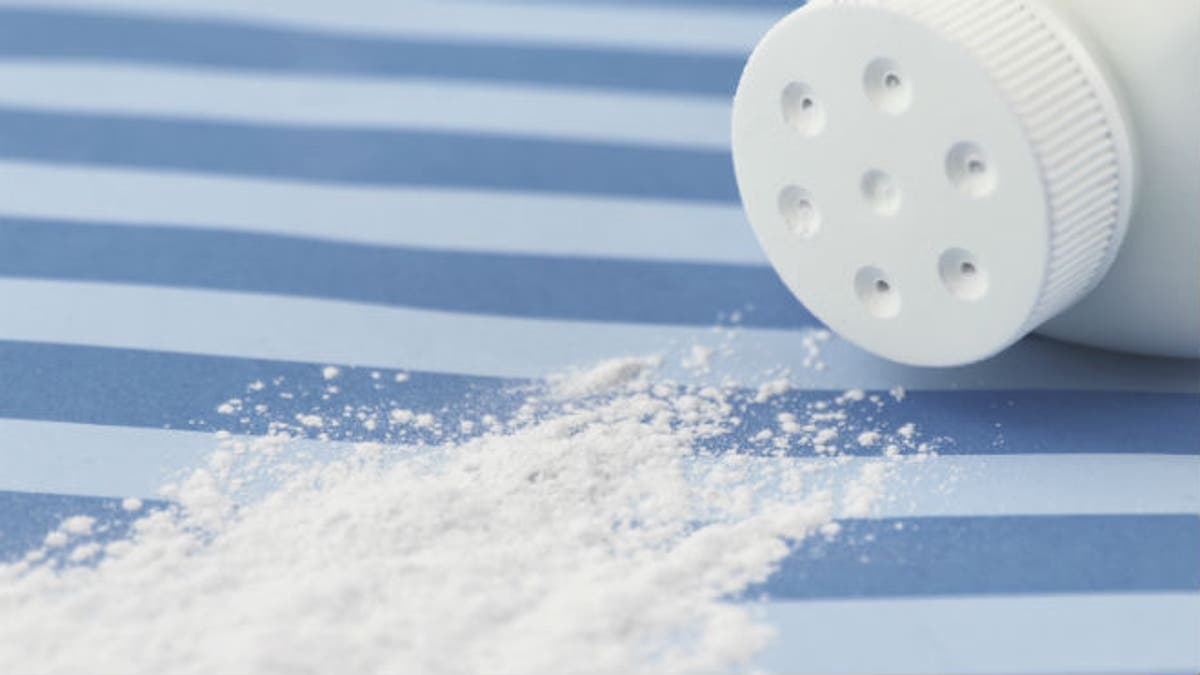
African-American women who reported regular use of body powder were at greater risk for ovarian cancer compared to their peers who didn't use talc, a new study shows.
Regular use of powder was associated with ovarian cancer regardless of where the women used it, the researchers report. Users of genital powder had more than a 40 percent increased risk of cancer, while those who used only non-genital powder had an increased risk of more than 30 percent.
"African-American women have been targeted for use of body powder, and they use it more commonly," principal investigator Joellen Schildkraut told Reuters Health in a telephone interview. "I've concluded - why use it?"
Schildkraut, an epidemiologist at the University of Virginia in Charlottesville, had been skeptical of a long-debated connection between genital talc and the deadly gynecologic cancer. But her new study, in concert with other recent research, convinced her to advise women to avoid using talcum powder.
"I was a cynic until these recent studies came out. As you look across all these studies, I would say, why use it? It's an avoidable risk for ovarian cancer," she said.
Schildkraut's team interviewed 584 black women with ovarian cancer and 745 black women without the disease from the southern, eastern and midwestern U.S.
Nearly 63 percent of the women with ovarian cancer and nearly 53 percent of the healthy controls dusted themselves with powder, the researchers report in Cancer Epidemiology.
Dr. Nicolas Wentzensen, head of clinical epidemiology for the National Cancer Institute, noted that African-American women are underrepresented in many epidemiological studies.
He told Reuters Health by email that Schildkraut's research was well-conducted and confirms previous studies describing an increased risk of ovarian cancer from talc use.
Wentzensen noted that the current study found stronger associations between talc use and ovarian cancer than previous research. A December paper in the journal Epidemiology, for example, reported a 33 percent higher risk of ovarian cancer in women who said they routinely applied talc to their crotches, sanitary napkins, tampon and underwear.
In the past, African-American women have reported significantly higher use of so-called feminine hygiene products, including genital powder. A 2015 case-control study in Los Angeles found that 44 percent of African-American women reported using talcum powder, compared to 30 percent of white women and 29 percent of Hispanic women.
In the 1990s, Johnson and Johnson outlined a plan to hike flagging sales of its powder "by targeting" black and Hispanic women, according to a company memorandum made public in recent lawsuits leading to multimillion-dollar verdicts against the powder manufacturer.
Prospective studies, which follow participants over time to see if they develop a disease, are generally considered more reliable than studies that look backward. Two prospective studies have failed to link talc and ovarian cancer. But Schildkraut believes the prospective studies included too few talc users and too few ovarian cancer cases to uncover a relationship.
Because African-American women tend to use talc more, Schildkraut believes that studying a sizable group of black women, like she did, makes the study more powerful and might explain the stronger association.
Wentzensen said recall bias, particularly following publicity about outsized jury verdicts in talc-ovarian cancer cases, might explain the stronger association in the new study. Schildkraut considered recall bias but said she tends to believe women were more likely to correctly remember their talc usage.
An estimated 20,000 American women are diagnosed with ovarian cancer and about 14,500 die from it annually, according to the Centers for Disease Control and Prevention (CDC).
Dr. Daniel W. Cramer, who heads the Obstetrics and Gynecology Epidemiology Center at Brigham and Women's Hospital in Boston, first reported a link between genital talc and ovarian cancer in 1982. Since then, he's been calling for warning labels.
In a recent editorial in Gynecologic Oncology, cancer genetics expert Dr. Steven Narod of Women's College Research Institute in Toronto wrote, "In the interests of public health, I believe we should caution women against using genital talcum powder."
Narod, who was not involved in Schildkraut's study, wrote that it's "disingenuous to state that there is no evidence that talc is associated with ovarian cancer."
